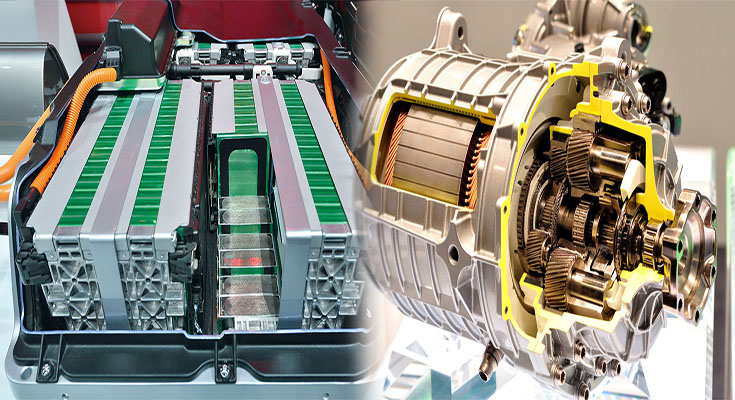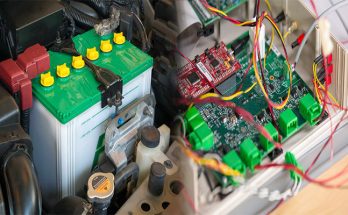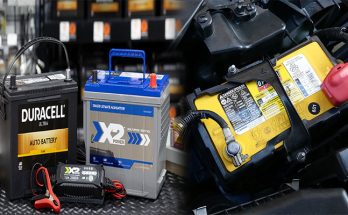As electric vehicles (EVs) gain popularity as a viable transportation option, the demand for efficient and reliable battery packs continues to rise. The battery pack is a crucial component of an electric vehicle, providing the power required for propulsion, as well as other auxiliary functions. Properly sizing the EV battery pack is essential for maximizing performance, range, and overall efficiency. In this article, we will discuss some key considerations that need to be taken into account when determining the optimal size for an EV battery pack.
1. Range Requirement
One of the primary factors influencing the size of an EV battery pack is the range requirement. The range represents the distance an electric vehicle can travel on a single charge. The higher the range requirement, the larger the battery pack needs to be. It is essential to consider the typical driving patterns and daily distance covered by the vehicle’s users while determining the range requirement. A larger battery pack will provide a longer driving range but may also increase costs and weight.
2. Available Space
The physical dimensions of an electric vehicle also play a significant role in sizing the battery pack. The available space within the vehicle’s chassis determines the maximum size and shape of the battery pack. Designers must ensure that the battery pack integrates well into the vehicle’s overall structure without compromising safety or practicality. Advanced packaging techniques and compact battery cell designs can help achieve higher energy density within limited space.
3. Weight Distribution and Stability
The weight distribution of an electric vehicle has a direct impact on its stability and handling characteristics. Placing the battery pack strategically within the vehicle can help achieve better weight distribution and enhance overall driving dynamics. Sizing the battery pack in accordance with the vehicle’s weight requirements can help maintain the desired balance while ensuring safety and optimal performance.
4. Charging Infrastructure
The availability and accessibility of charging infrastructure are significant factors affecting the sizing of an EV battery pack. In areas with limited charging stations, a larger battery pack may be necessary to compensate for the longer charging intervals. On the other hand, regions with a well-established charging infrastructure can make do with a smaller battery pack, as frequent charging opportunities are readily available. It is crucial to consider the charging infrastructure and the expected usage patterns of the vehicle during the battery pack sizing process.
5. Cost Considerations
Cost is an important consideration when sizing EV battery packs. Larger battery packs generally result in higher upfront costs. It is crucial to strike a balance between range requirements and cost-efficiency. Technological advancements, economies of scale, and improvements in battery manufacturing processes have contributed to a gradual reduction in battery costs over the years. Properly estimating the cost implications of different battery pack sizes will help optimize the balance between cost and performance.
6. Future Proofing
Electric vehicle technology is evolving rapidly, with continuous advancements in battery chemistry and energy storage systems. When sizing the battery pack, it is vital to consider future developments and upgrades to ensure compatibility and prevent premature obsolescence. Flexibility for future upgrades or replacements should be built into the design to avoid constraints and costly modifications down the line.
Determining the optimal size for an electric vehicle battery pack requires careful consideration of various factors such as range requirement, space availability, weight distribution, charging infrastructure, cost, and future-proofing. A well-sized battery pack will meet the vehicle’s performance and range expectations while providing a balance between cost and efficiency. As the demand for electric vehicles continues to grow, advancements in battery technology will further enhance the capabilities of EV battery packs, allowing for longer ranges and improved overall performance.





